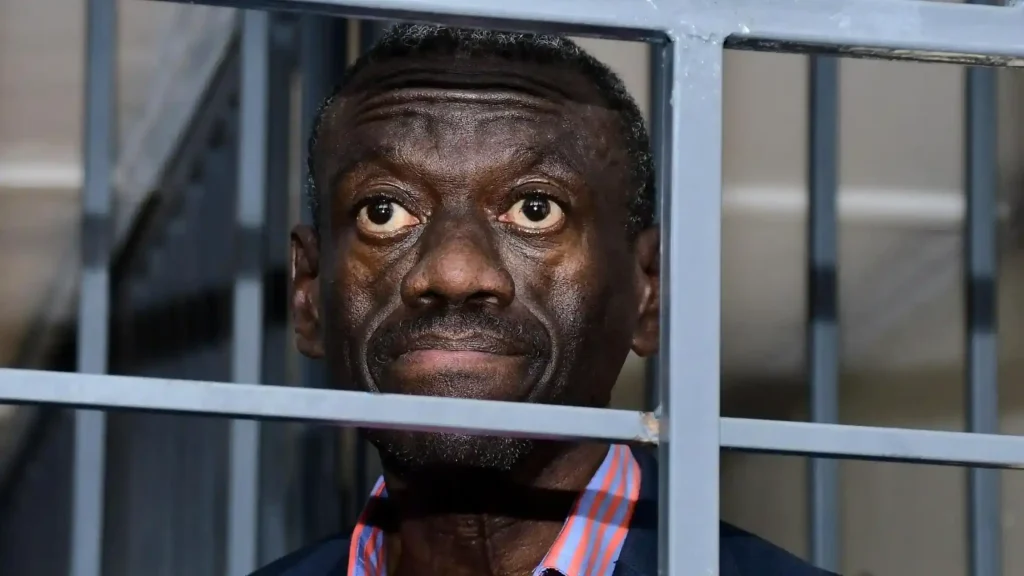The National Bank of Ethiopia (NBE) has announced significant reforms to let market forces determine the exchange rate of its currency, the birr. These reforms include lifting restrictions on the amount of foreign currency that commercial banks and exporters can hold, as part of broader measures aimed at boosting the country’s supply of dollars and stimulating economic growth. Ethiopia has been facing rising inflation and a severe shortage of hard currency, creating immense pressure on its economy.
Prime Minister Abiy Ahmed’s government is also facing external pressure from the World Bank and International Monetary Fund (IMF) to float the birr and make essential changes to the foreign exchange market. These reforms are necessary to unlock more than $10 billion in fresh funding from these international institutions.
In a statement, the NBE highlighted the reforms as part of a broader economic overhaul designed to restore macroeconomic stability and promote private sector growth. Among the announced changes is the opening of Ethiopia’s planned stock market to foreign investors and the introduction of non-bank foreign exchange bureaus to facilitate the buying and selling of foreign currency. Additionally, restrictions on the amount of dollars that travelers can bring into and take out of the country have been lifted.
The birr, which had been trading at 57.48 to the dollar on July 26, dropped by 30 percent to 74.73 on July 29 after trading restrictions were lifted, according to Reuters. This sharp decline marks a significant change for the Ethiopian economy, where strict currency controls had long distorted the market.
These reforms are part of Ethiopia’s Home-Grown Economic Reform Plan (HGER 2.0), which aims to stabilize the economy and foster inclusive growth. The NBE emphasized that the new policies are intended to promote a market-based exchange rate, allowing banks to freely buy and sell foreign currencies at negotiated rates. While the NBE will continue to intervene in the market in cases of disorder, its role will be more limited than before.
One of the most significant changes is the lifting of foreign exchange surrender requirements, allowing exporters and commercial banks to keep more of their foreign currency earnings. Previously, exporters were required to surrender a large portion of their earnings to the central bank. Now, they can retain 50 percent of their foreign exchange proceeds, up from 40 percent, which is expected to increase the availability of dollars for private sector activities.
Additionally, the central bank has eased rules on foreign currency accounts, allowing residents to open accounts under certain conditions, such as receiving remittances or transfers from abroad. These accounts can now be used to pay for foreign services, providing more flexibility for individuals and businesses.
The NBE also removed the interest rate ceilings that had applied to private companies or banks borrowing from abroad, and it opened the country’s securities market to foreign investors, although specific terms for this are still being defined. Moreover, the restrictions on imports, which previously prohibited 38 categories of products, have been lifted, promoting broader liberalization of the foreign exchange market for importing goods and services.
Special foreign exchange privileges have been granted to businesses in Ethiopia’s special economic zones, allowing them to retain 100 percent of their foreign currency earnings.
The NBE acknowledged that while the reforms are necessary, they come with challenges. The previous exchange rate system was initially designed to maintain stability and control inflation but instead led to a flourishing parallel market with inflated exchange rates and soaring inflation. The new market-based system aims to correct these imbalances.
In 2019, the IMF approved a three-year $2.9 billion arrangement under the Extended Credit Facility (ECF) and Extended Fund Facility (EFF) to support Ethiopia’s Homegrown Economic Reform Plan. However, this program was interrupted due to conflict in the Tigray region. Negotiations resumed after a peace deal was reached in November 2022, paving the way for the resumption of financial aid.
Ethiopia’s public debt remains a concern, with the country’s Finance Ministry reporting total debt of $65.82 billion as of March 2024. External debt alone stands at $28.38 billion. Last year, Ethiopia joined Zambia and Ghana in defaulting on its external financial obligations, as it missed a $33 million Eurobond coupon payment. The ongoing reforms aim to address these financial challenges and help the country stabilize its economy.























